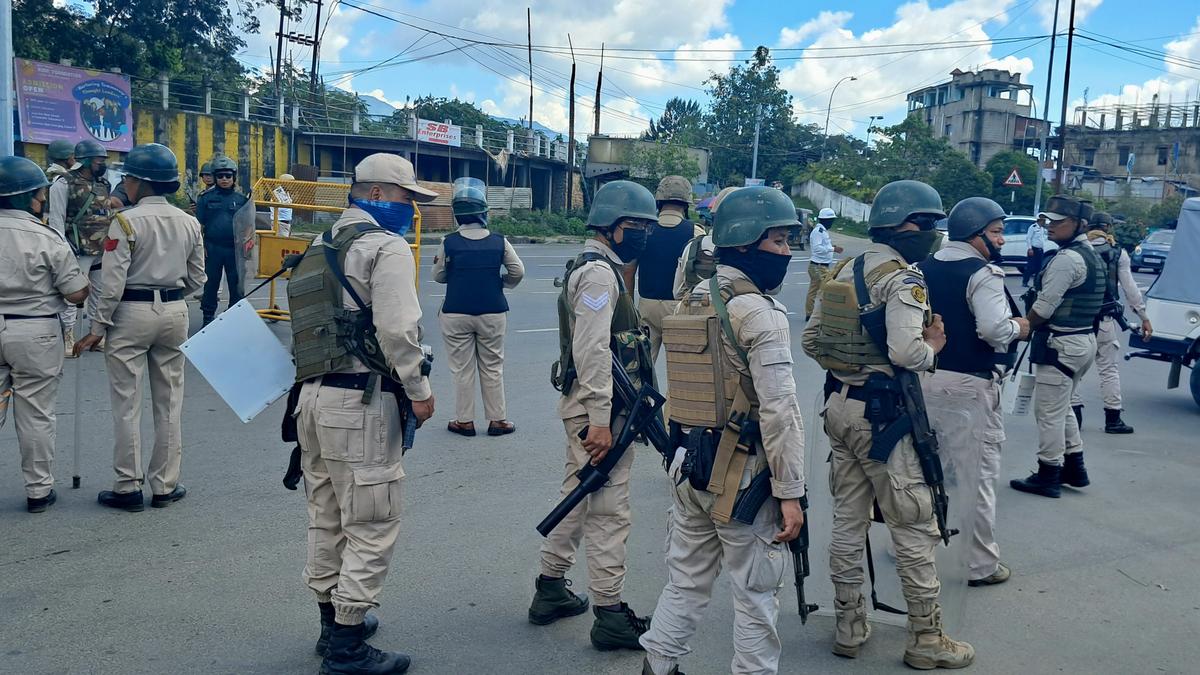The government on Monday extended the Armed Forces (Special Powers) Act (AFSPA) in Manipur for another six months, excluding 19 police station areas in the Imphal valley and a region bordering Assam.
In a notification, the state government’s Home Department stated that the extension will take effect on October 1.
“The state government believes that after analyzing the current law and order situation in the state, it is not necessary to conduct a detailed assessment on the ground because security agencies are preoccupied with maintaining law and order,” the notification stated.
The declaration of Disturbed Area status is a sensitive issue that, if not handled properly, will likely attract public criticism and resistance.
The governor of Manipur hereby approves the declaration of the entire state of Manipur, excluding the areas under the jurisdiction of 19 police stations, as a Disturbed Area for a period of six months beginning October 1st,” according to the notification signed by Commissioner (Home) N Ashok Kumar.
Imphal, Lamphel, City, Singjamei, Sekmai, Lamsang, Patsoi, Wangoi, Porompat, Heingang, Lamlai, Iribung, Leimakhong, Thoubal, Bishnupur, Nambol, Moirang, Kakching, and Jiribam are among the police stations where Disturbed Areas have not been imposed.
The majority Meitei community dominates the areas that have been exempted from AFSPA.
The Disturbed area tag was removed from Imphal Municipality areas in 2004 and from 15 police stations in six districts in April 2022.
The disturbed area was removed from the remaining four police stations in April 2023.
The AFSPA grants broad powers to armed forces operating in troubled areas to search, arrest, and open fire if necessary.
More than 200 people have been killed, and thousands have been displaced, since ethnic violence between Meiteis and Kukis erupted in Manipur on May 3, last year.
Meiteis make up approximately 53% of Manipur’s population and live primarily in the Imphal valley, while tribals, including Nagas and Kukis, make up 40% and live mostly in the hill districts.
